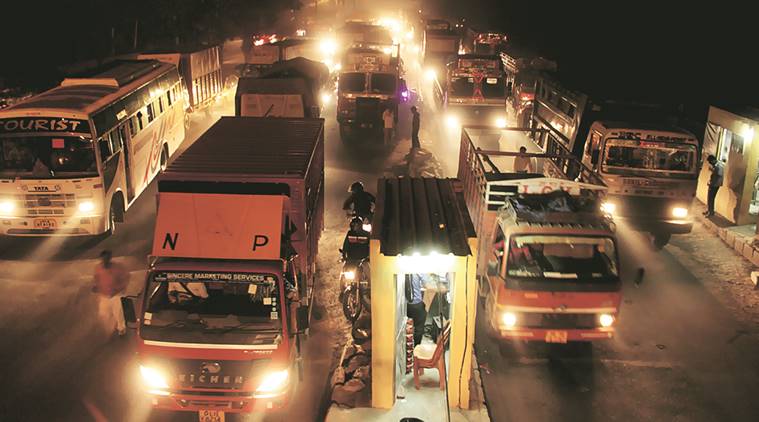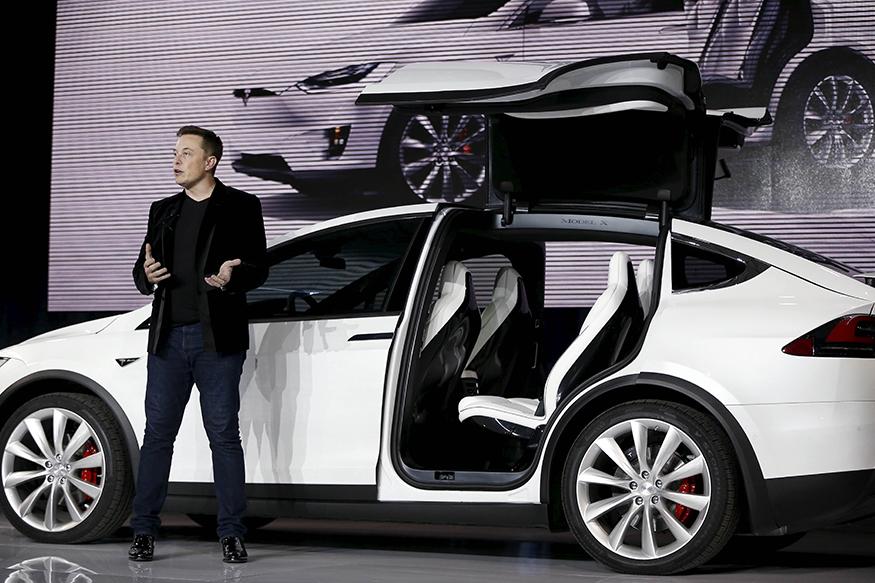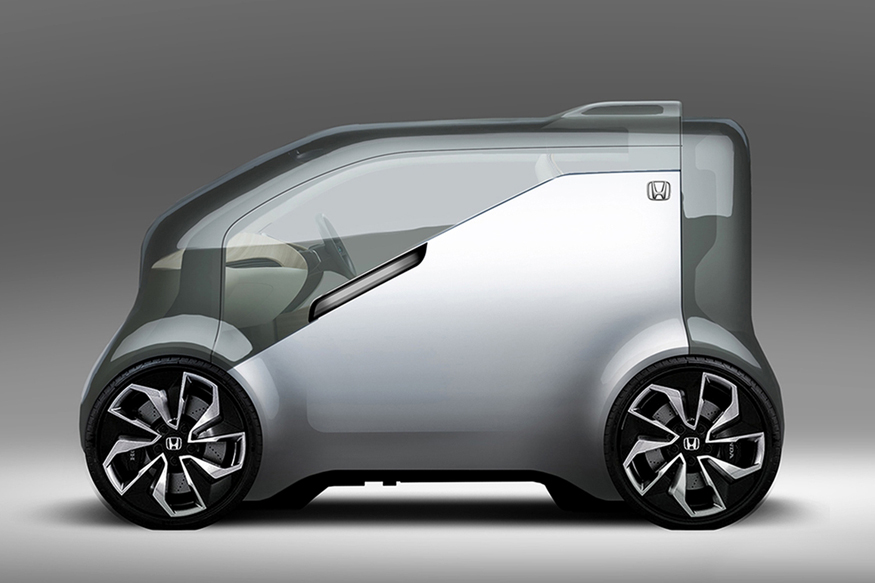
According to the Motor Vehicles Act, LMV is defined as a transport vehicle with an unladen weight that does not exceed 7,500 kg, a definition that covers the entire range of passenger cars and SUVs and MUVs that are currently available.
The Ministry of Road Transport plans to retire only medium and heavy commercial vehicles (MHCVs) — and not passenger cars — that are more than 15 years old under a proposed vehicle scrapping policy submitted to a Committee of Secretaries for approval.
“In respect of LMVs (light motor vehicles), it is estimated that about 40 lakh cars are plying on the road that are more than 15 years old. These vehicles are estimated to contribute about 3 per cent of vehicular pollution. Since the overall contribution of cars to emissions is significantly less, hence they are not being considered under this programme,” says the Ministry.
According to the Motor Vehicles Act, a light motor vehicle or LMV is defined as a transport vehicle with an unladen weight that does not exceed 7,500 kg, a definition that covers the entire range of passenger cars and SUVs (sports utility vehicles) and MUVs (multi utility vehicles) that are currently available. This includes the Toyota Innova (weight of 1870 kg for the heavier auto version), Mitsubishi Pajero (1,935 kg), Ford Endeavour (2,357 kg) and Mercedes Benz GL Class (2,535 kg). All vehicles weighing more than 7.5 tonnes are MHCVs.
The ministry cites a study by AT Kearney which shows that there are 11.2 lakh MHCVs which are more than 15 years old and contribute to 34 per cent of the pollution. In all, MHCVs accounted for 2.5 percent of country’s total fleet but contributed over 60 per cent of the air pollution, it says. Vehicle emissions contribute to rise in levels of toxic carbon monoxide, hydrocarbons, nitrogen oxides and particulate matter. Since it would be very difficult to impose a mandatory retirement of vehicles, the ministry argues, it plans to provide some respite and encourage retirement in this segment by proposing a voluntary vehicle modernization programme followed by a regulation on the life of vehicles.
For the first two years, vehicle owners would be given incentives in the form of scrap cars value, direct transfers capped at 4-5 per cent of the cost of basic model as well as cash discounts of 4-5 percent from the original equipment manufacturers. In effect, these would amount to a benefit of about 15 per cent in lieu of surrendering an old 16-tonne truck, says the illustration in the proposal. The previously proposed incentive by way of 50 per cent exemption in excise duty has been removed as the Finance Ministry has said that it would not be practical in view of the country’s shift towards a GST regime.
However, the 15-per cent incentive would be limited to the first two years to help in “smooth progression to regulatory regime of capping the life of the vehicles by the transport industry”. Then on, vehicle owners would be given sufficient time to look for viable replacements through a phased capping of the life of MHCVs to 18 years as on April 1, 2018; 16 years as on April 1, 2019 and finally at 15 years from April 1, 2020. Section 59 of The Motor Vehicles Act empowers the government to specify the life of a motor vehicle reckoned from the date of its manufacture. At present, an owner pays a one-time tax for lifetime but needs to get the fitness certificate renewed after 15 years to continue running it.
The government had told the Supreme Court this July that a new policy to combat pollution including scrapping of old vehicles and a scheme to replace about 28 million automobiles registered before March 31, 2005 was underway and would be implemented soon.
The post Scrapping 15-yr-old vehicles: Plan is to exempt cars, phase out buses, trucks appeared first on http://dublin.cashforcarsireland.com/
via Cash For Cars - Locations http://dublin.cashforcarsireland.com/scrapping-15-yr-old-vehicles-plan-exempt-cars-phase-buses-trucks/








